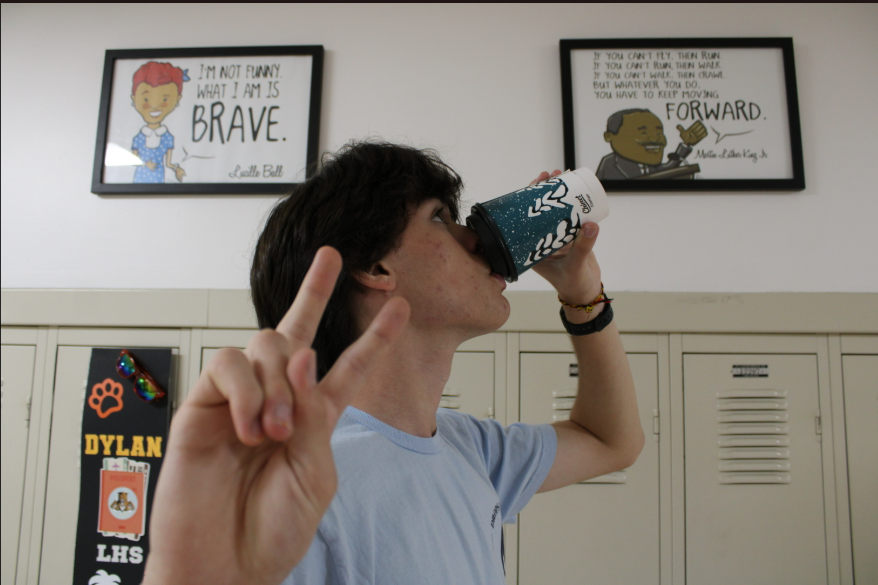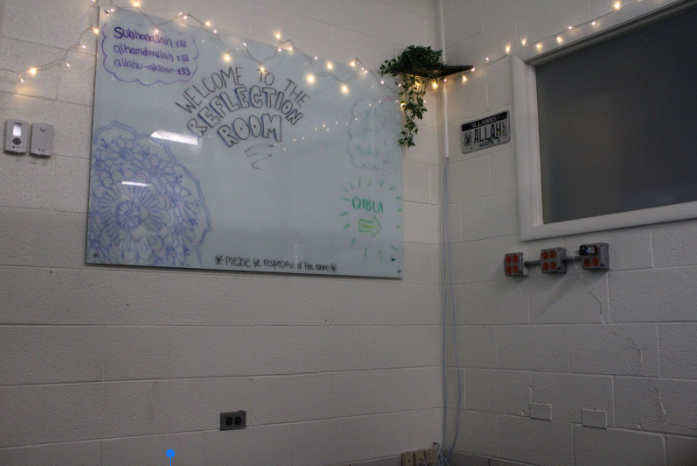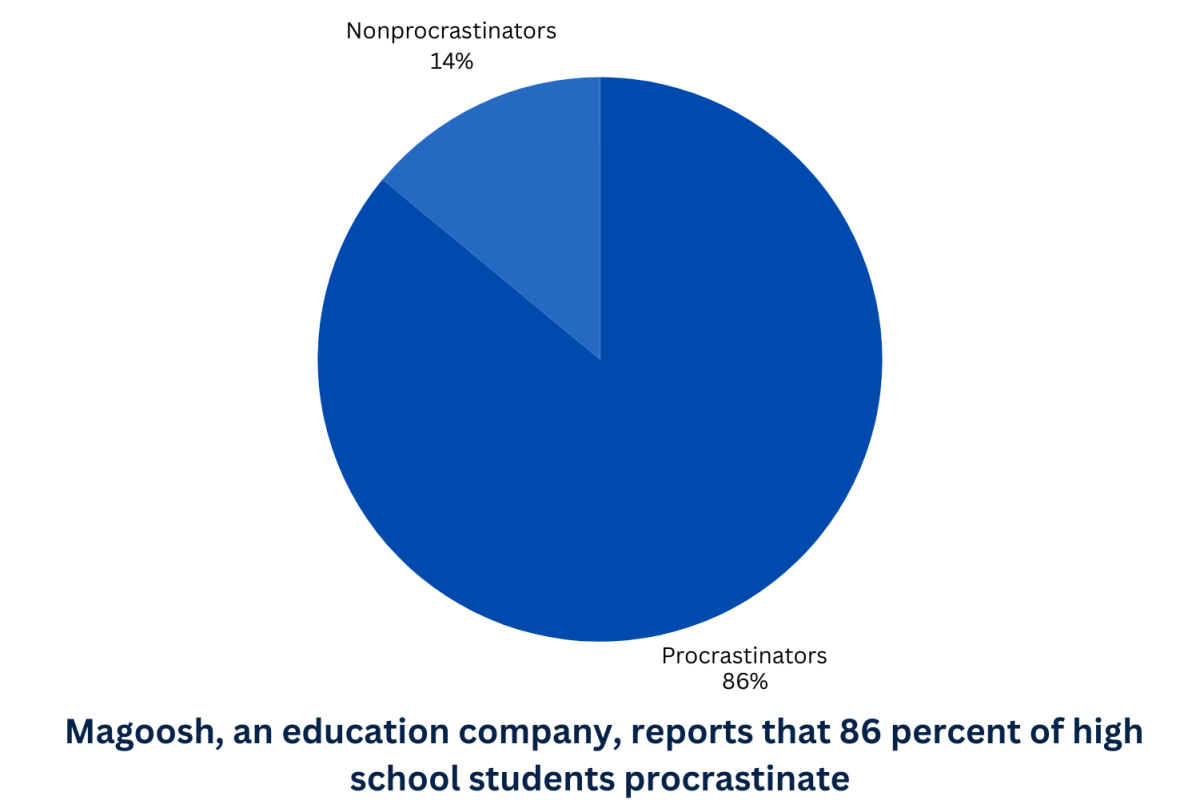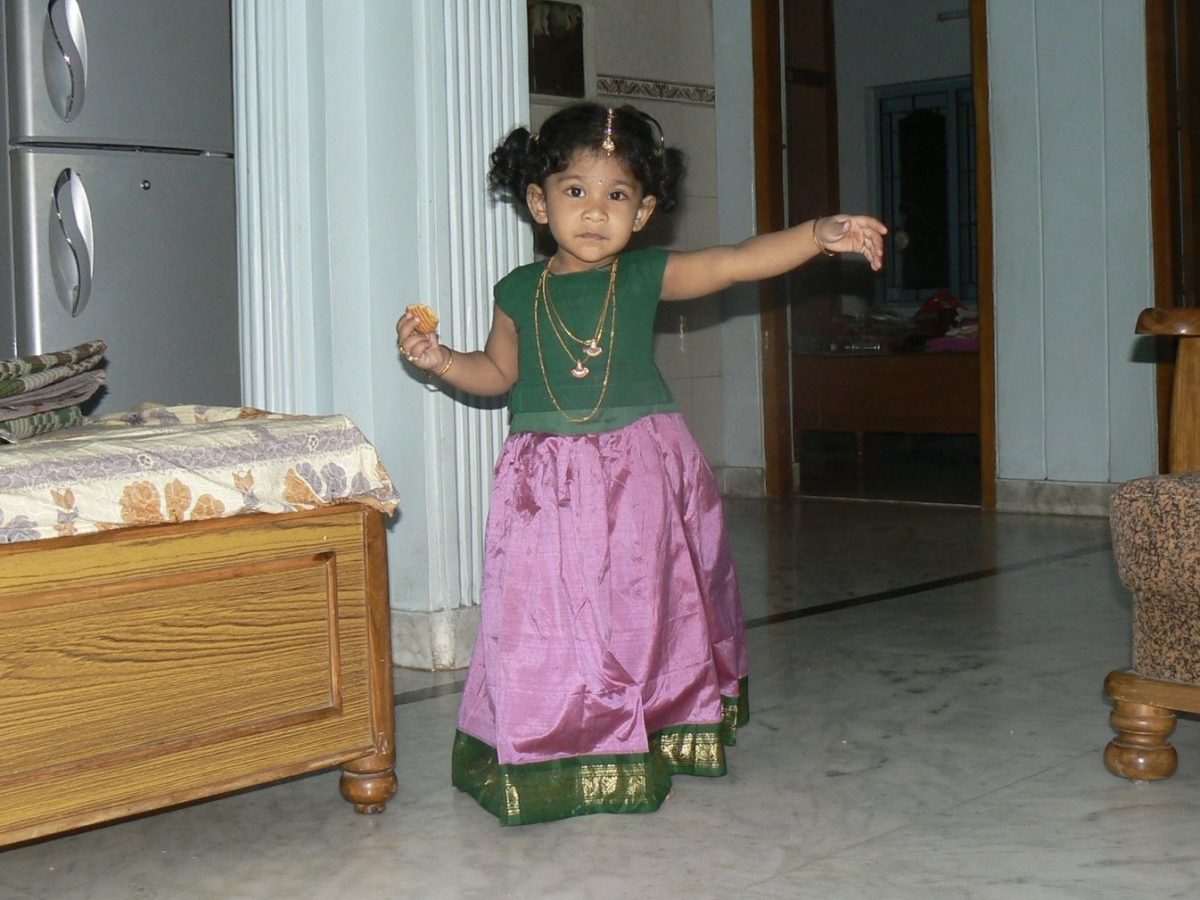
It is 4:00 p.m. on a Tuesday afternoon. You have just arrived home from school, decide to turn on the television, and flip to channel 296 – MTV. A Jersey Shore marathon just began…you know where you’ll be the rest of the night! It feels so good to catch up on how Snooki has been – and are Sammy and Mike still together?!
Reality TV shows are becoming increasingly popular as time goes on. There were, of course, the shows that started the trend, such as “Real World,” “Survivor,” and “Keeping Up with the Kardashians.” Nowadays, channels such as MTV, E!, and TLC are producing shows left and right – “Here Comes Honey Boo Boo,” “Sixteen and Pregnant,” and “Rich Kids of Beverly Hills,” just to name a few. The sad thing is all of these shows feature families and people who are so easy to make fun of and imitate. Honey Boo Boo is a little girl who thrives on being overweight and making crude jokes. “Sixteen and Pregnant” follows around girls who became pregnant while still in high school and who love to start drama with their own parents. “Rich Kids of Beverly Hills” just goes to show how extremely spoiled people can get from such a young age.
These types of reality shows seem to get people hooked because we as viewers are watching the drama occurring on screen, and it makes our own lives seem that much more normal. There was a recent study done at University of Wisconsin at Madison in which they studied what they called “docu-soap” reality shows. Some examples of these types of shows would be “The Real World”and “Laguna Beach.” The producers of the shows want to keep their viewers watching, and so they intend to allow the audience to glimpse into ‘real’ people’s lives. However, these cannot just be typical people. The researchers found that often times, the shows include extreme wealth or a conflict of some sort to get people addicted to watching. Other than the brief, 40-minute episodes, viewers may not have opportunities to see the “wealthy” lifestyle that the characters lead.
According to pyschology.com, there is a theory that exists called the cultivation theory, developed by George Gerbner and Larry Gross. This theory suggests that “long-time television watching ‘cultivates’ how viewers perceive reality.” The developers believe that watching television in general alters viewers’ attitudes about the world they are living in. In a University of Wisconsin study, an online survey was given to 145 people that examined their beliefs about the real world and their television-watching habits. Most participants had previous exposure to the more popular reality shows, such as “Jersey Shore,” and the study showed a strong relationship between such reality productions and beliefs about human behaviors and relationships: “heavy reality-show watchers strongly overestimate the real-life occurrence of dysfunctional relationships and divorce.”
So why does this occur? Most likely because you rarely see a reality show about a family with happily married parents and children who lead a so-called “normal” lifestyle. And the reasoning is obvious…who would watch a show like that? It’s much more interesting to have relationship drama to keep up with and people to gossip about. It is sad, though, that young adults who have been exposed to these shows have lower expectations for their marriages to work out. I believe that many things we see on TV, reality shows especially, can consume our behavior and push us to unconsciously act as the on-screen actors do. It may be minor, such as developing similar interests that the actors have, but it grows as fast as the media does. Soon, those shared interests may become shared obsessions with things that are fake and irrelevant to the larger picture. I feel that there is another side to it, though. Reality shows can often shape society for the better. Seeing all the negativity can be a motivator, in my opinion – motivating people to not let themselves get to the low points that they are watching others reach. That’s not to say that all reality TV is about negativity. There is a common theme of conflict, and that is what we want to avoid ourselves.
Reality shows do have an impact on the people who are exposed to them, whether that means they influence the way their audience acts, dresses, and socializes, or influence the way relationships and morals are viewed. These shows can bring people together in the sense that everyone is interested in and interacting about the latest news. And the positive response from the audiences is what keeps the shows running. If reality TV did not influence or impact anyone, it would not exist at all.









